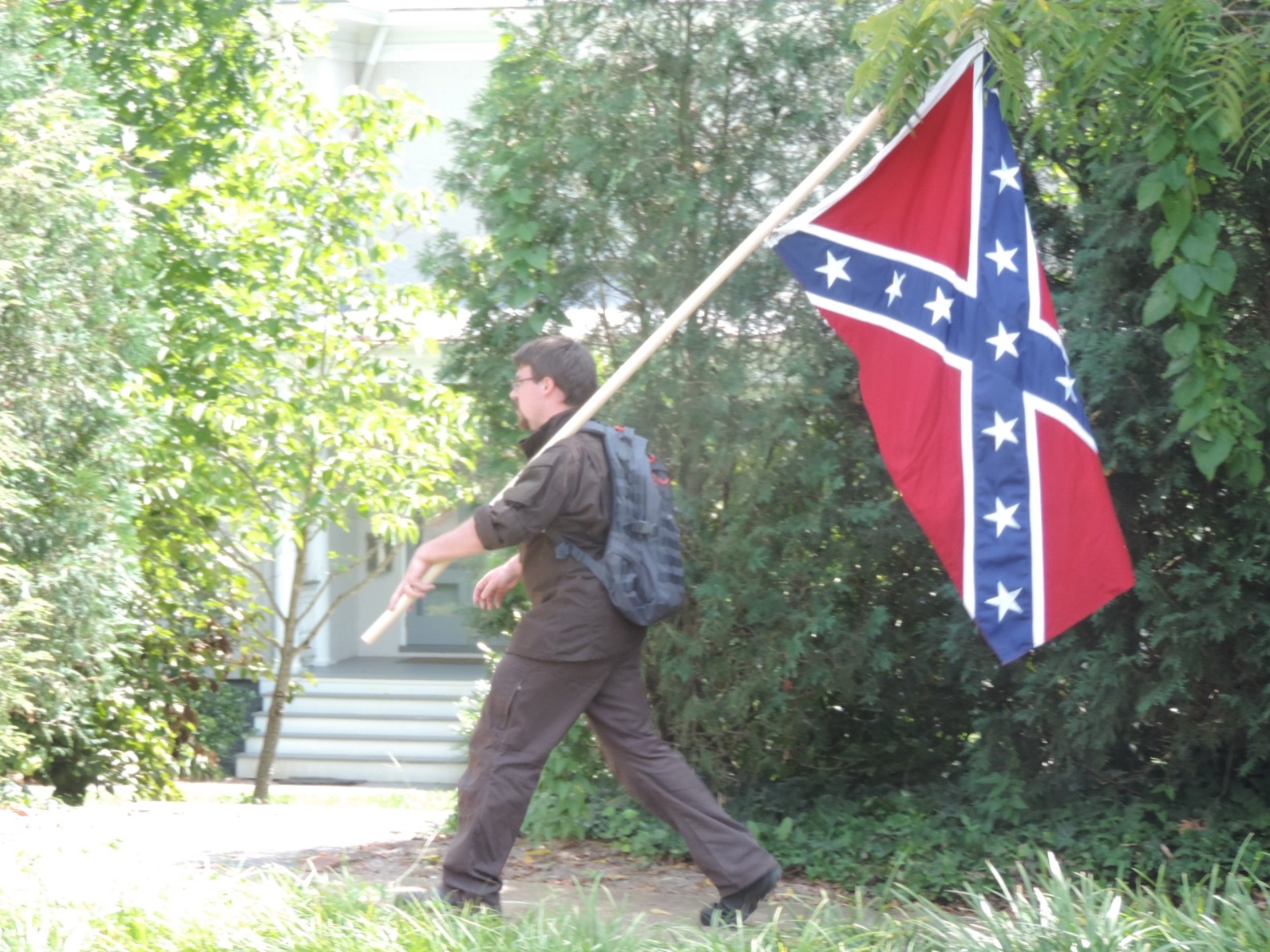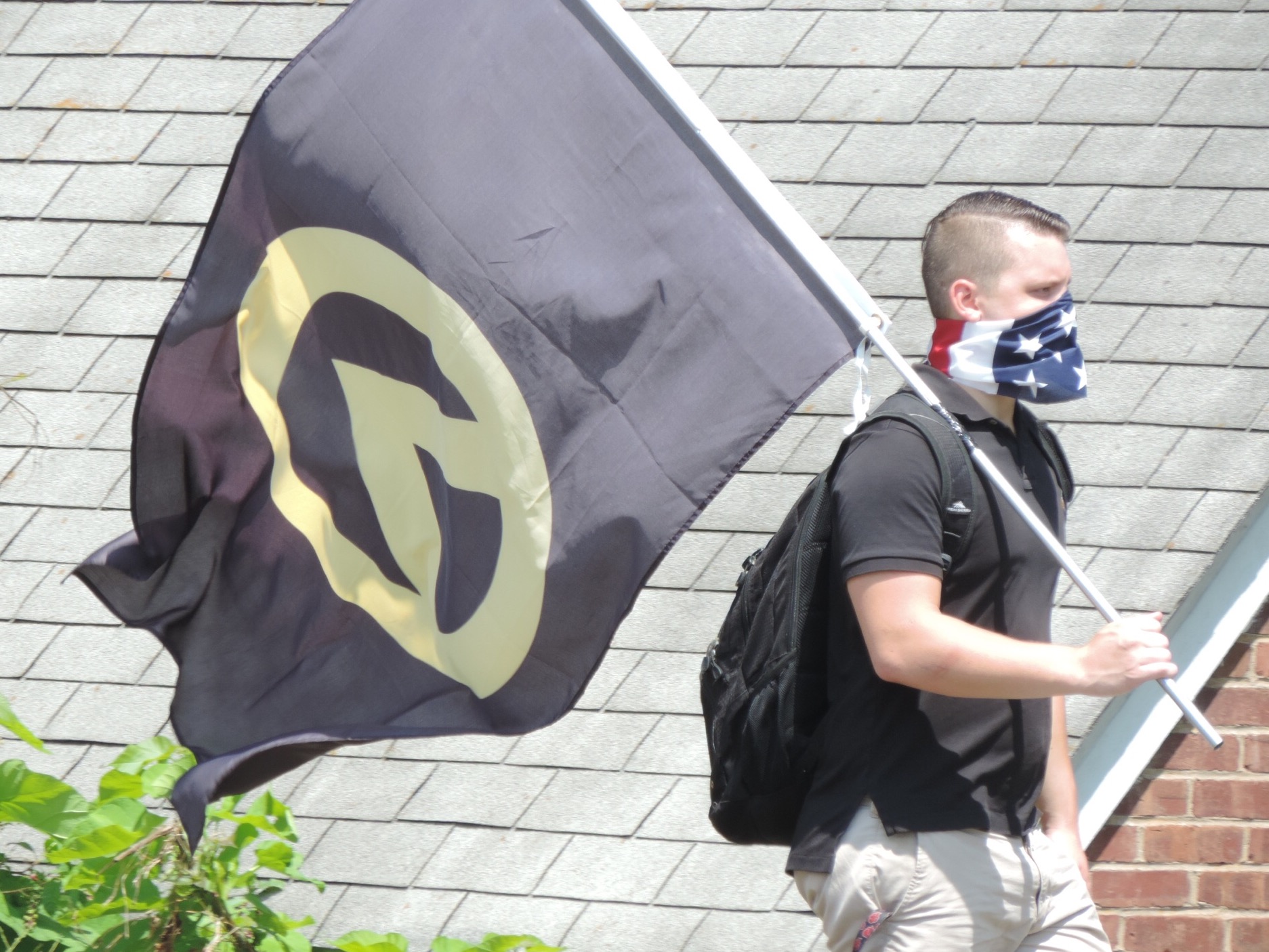What’s Behind Rise in White Anger?
How much anger is tied to the economy? How much is plain old bigotry? Are those connected?


The image published around the world from Charlottesville was of a sea of white men holding torches, their mouthes twisted up with hateful sentiments of white power.
This white, male rage we’ve seen put on display in recent months and years helped elect a president who gave them reason to believe their nationalist views would be validated in the White House.
President Trump has given a tepid rebuke of white supremacists in the past, but it’s always been after immense pressure to say he doesn’t want KKK support, or agree with Neo Nazis.
While many reports have said that white voters picked Donald Trump for president because of so-called “economic insecurity,” it seemed that phrase was thinly veiled in a larger, seething element over a perceived loss of ground.
How much of this white anger is tied to the economy–a loss of jobs or reduced wages–and how much of it is rooted in a system designed from the outset to favor white people, and white men in particular?
Joe Feagin, distinguished professor of sociology at Texas A&M University, speaks with Detroit Today host Stephen Henderson about some of the root causes of white anger.
Feagin points out that the majority of white supremacist leaders are college educated and middle class, while in reality, “the people who are really hurting economically in this country are overwhelmingly not white.”
Economic hardship has played a role in the increasing visibility of white supremacist groups, but “it’s primarily white fears of racial change,” says Feagin.
Civil rights activist, author, and the president and founder of Sojourners, Rev. Jim Wallis, also joins the discussion.
“Elites have always tried to separate white working class and poor rural whites from blacks by using economic fear and rage and exploitation,” says Wallis. “It’s an exploitation of low income whites for the sake of justifying, and even strengthening, racism.”
Michigan State University economist Charley Ballard also joins the conversation.
According to Ballard, the racism and anxiety felt by white people “has been amplified by economic stress.”
Click on the audio player above for the full conversation.
